Apr 2, 2024 12:59 PM
Saxophonist, Sonic Explorer Casey Benjamin Dies at 45
Casey Benjamin, the alto saxophonist, vocalist, keyboardist and producer who stamped his distinctive sounds on the…
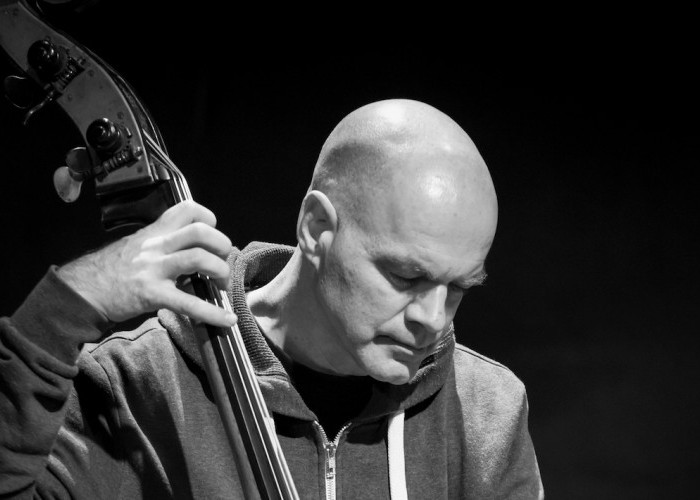
Joris Teepe pays tribute to his mentor with In The Spirit Of Rashied Ali (Jazz Tribes).
(Photo: Yiannis Soulis)At New York’s Smalls Jazz Club this fall, Joris Teepe and his quintet invited listeners to celebrate the inaugural release of the Jazz Tribes label: In The Spirit Of Rashied Ali, an album nearly 10 years in the making.
Teepe, a Dutch-born bassist who splits time between New York and Amsterdam, became part of the legendary drummer’s quintet in 2001, and remained a permanent fixture of the ensemble until Ali’s death in 2009.
“We felt like we were really on to something,” Teepe said about the band, which also included tenor saxophonist Lawrence Clark, trumpeter Josh Evans and pianist Greg Murphy. “And suddenly that got disturbed.”
At the time, Teepe and the remaining quintet members faced an unusual dilemma: They sought to continue following their vision, but without their leader. “The bookers weren’t interested in booking the Rashied Ali Quintet without Rashied Ali,” the bassist said.
Teepe felt the loss as viscerally as he felt a desire to continue exploring his interpretation of Ali’s extensive work, which included collaborations with John Coltrane, Alice Coltrane and Archie Shepp among others. In the years following the drummer’s death, Teepe’s projects served as an incubator for what would become Spirit.
The new release includes a CD packaged inside a 66-page hardcover book, which was written by Jazz Tribes’ John Weijers, and features photos and interviews about the drummer’s life and legacy. Besides serving as a tribute to Ali, the project reflects an intrinsic quality of Teepe’s music: honest expression.
“Before I met him, I was thinking about the music as something rational,” Teepe explained. “Playing with him pushed me to think of the music as a way to express yourself as an individual. It’s about the energy, rather than if it’s a minor or major chord. It’s a very honest way of playing.”
The release features a five-song suite of Ali’s compositions (arranged by Teepe), plus two of the bassist’s original tunes, including the slow-building “Alphabet.” During the sessions, Teepe gave his collaborators, like saxophonist Wayne Escoffery, plenty of room to improvise.
“I had some clear ideas of where we would go, but in between those anchor points, there’s a lot of freedom,” he said.
Before recording Spirit, Teepe worked on a few other projects, but nothing seemed to achieve what he’d envisioned. Ideas for Spirit evolved over time, eventually transforming into exactly what Teepe had in mind—to honor the legacy of his friend and mentor.
“The way I think about music was largely influenced by the experience of playing with Rashied,” Teepe said. “This time, it really feels right.” DB
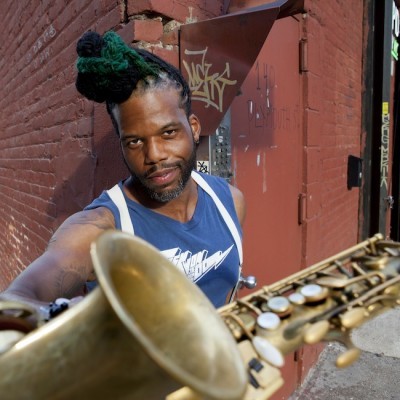
Benjamin possessed a fluid, round sound on the alto saxophone, and he was often most recognizable by the layers of electronic effects that he put onto the instrument.
Apr 2, 2024 12:59 PM
Casey Benjamin, the alto saxophonist, vocalist, keyboardist and producer who stamped his distinctive sounds on the…
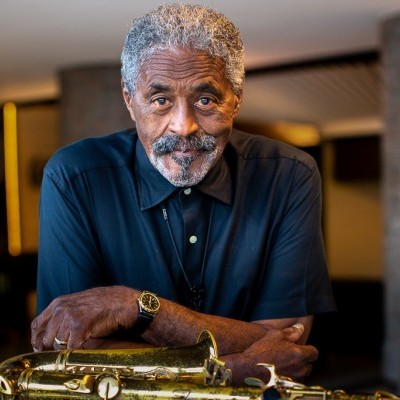
“He’s constructing intelligent musical sentences that connect seamlessly, which is the most important part of linear playing,” Charles McPherson said of alto saxophonist Sonny Red.
Feb 27, 2024 1:40 PM
“I might not have felt this way 30 to 40 years ago, but I’ve reached a point where I can hear value in what people…
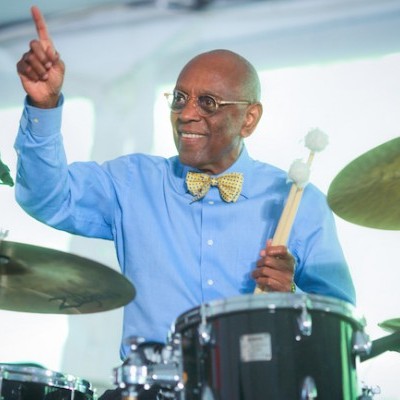
Albert “Tootie” Heath (1935–2024) followed in the tradition of drummer Kenny Clarke, his idol.
Apr 5, 2024 10:28 AM
Albert “Tootie” Heath, a drummer of impeccable taste and time who was the youngest of three jazz-legend brothers…
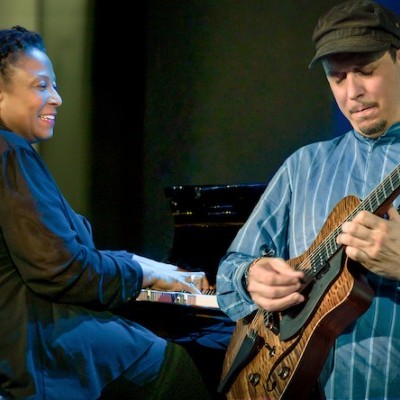
“Both of us are quite grounded in the craft, the tradition and the harmonic sense,” Rosenwinkel said of his experience playing with Allen. “Yet I felt we shared something mystical as well.”
Mar 12, 2024 11:42 AM
“There are a few musicians you hear where, as somebody once said, the molecules in the room change. Geri was one of…
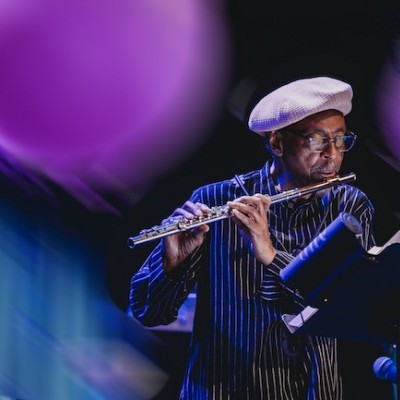
Henry Threadgill performs with Zooid at Big Ears in Knoxville, Tennessee.
Apr 9, 2024 11:30 AM
Big Ears, the annual four-day music celebration that first took place in 2009 in Knoxville, Tennessee, could well be…